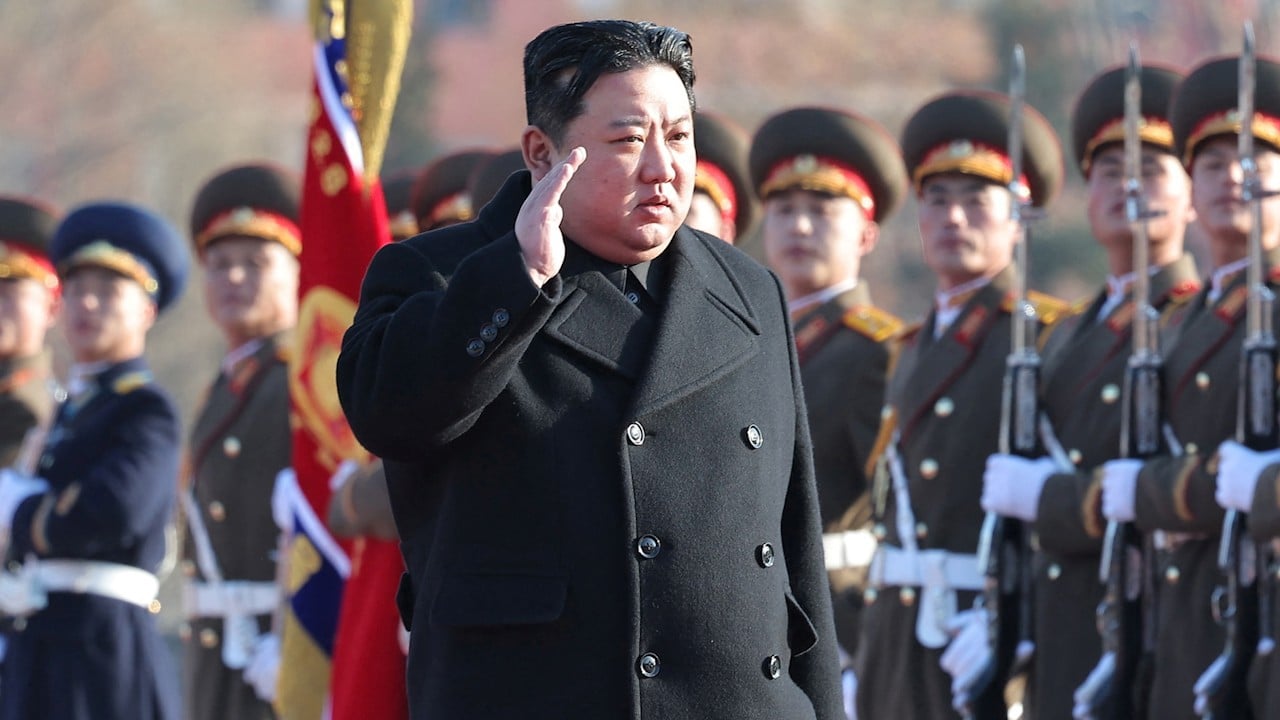At a press conference, chief cabinet secretary Yoshimasa Hayashi declined to elaborate on Kim Yo-jong’s statement, which was carried by North Korea’s state-run media on Thursday, citing the possible negative impact on negotiations regarding the past abductions of Japanese nationals by Pyongyang.
Kim Yo-jong indicated a meeting of leaders would be possible if Japan “does not lay such a stumbling block as the already settled abduction issue,” she said.
“It is my opinion that if Japan makes a political decision to open up a new way of mending the relations through its courteous behaviour and trustworthy action on the basis of courageously breaking with anachronistic hostility and unattainable desire and recognising each other, the two countries can open up a new future together,” the statement said.
Japan PM’s bid for talks on North Korea abductions will be ‘political suicide’
Japan PM’s bid for talks on North Korea abductions will be ‘political suicide’
Kishida has long said he is willing to meet Kim Jong-un without preconditions. Last week, he said his government has made “various, concrete” efforts for a summit with the aim to resolve the long-standing issue of Japanese abducted by North Korea, Kyodo News reported.
Tokyo officially lists 17 of its citizens as having been abducted by North Korea in the 1970 and 80s, five of whom returned home in 2002. North Korea considers the issue settled and has blasted Japan for repeatedly raising it. North Korea claims that eight of the abductees have died, and the other four were never in its country.
While a summit with Kim Jong-un could provide a boost in the sagging support rate for Kishida’s government, it would be nearly impossible for him not to focus on the abductee issue, which has played a prominent role in the priorities of his ruling Liberal Democratic Party for years.
What to know about South Korea-Japan ties as Yoon, Kishida meet
What to know about South Korea-Japan ties as Yoon, Kishida meet
Before the statement from Kim Yo-jong, a senior US State Department official charged with managing issues with Pyongyang said Kishida has mentioned a summit before and Washington would support talks.
“We encourage any kind of dialogue,” Jung Pak said.
In 2002, Junichiro Koizumi became the first Japanese prime minister to visit North Korea. Soon after that, five Japanese kidnapped by North Korean agents in 1978 were reunited with their families after arriving in Tokyo. Koizumi and then North Korean leader Kim Jong-il also agreed to work to establish formal diplomatic relations but that never came to fruition.


